
Recommendation
Fully managing enterprise risk means more than insuring against fire, floods and other hazards. Companies commonly have many uninsured exposures to loss from tougher competition, rapid technological change, financial instability and regulatory sanctions. That is why business leaders in growing numbers have adopted enterprise risk management (ERM), a flexible way to identify and respond to a corporation’s total range of risks. Not all risks are all bad. Some are worth taking. Firms that practice enterprise risk management can minimize their potential peril while taking their best calculated risks, the ones most likely to increase sales and profits. Enterprise risk management will not eliminate risk. It did not prevent the failures of major financial institutions during the 2008 crisis. But author John J. Hampton cogently upholds the practice, noting that a disciplined, detailed approach is critical to making ERM actually work. He favors a customizable model of risk management – including a central monitoring function – that can work for a company of any size. getAbstract recommends this book to business leaders seeking a more reliable way to identify each meaningful risk, to distinguish good risks from bad ones and to cover their downsides as much as possible.
Summary
About the Author
John J. Hampton is professor of business and director of graduate business programs at St. Peter’s College. He is a former executive director of the Risk and Insurance Management Society.








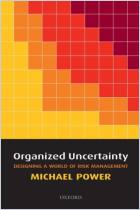
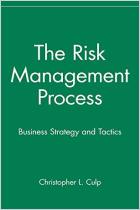
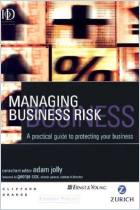
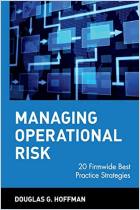
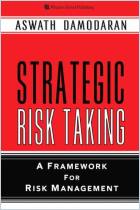
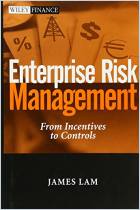





Comment on this summary or Start Discussion